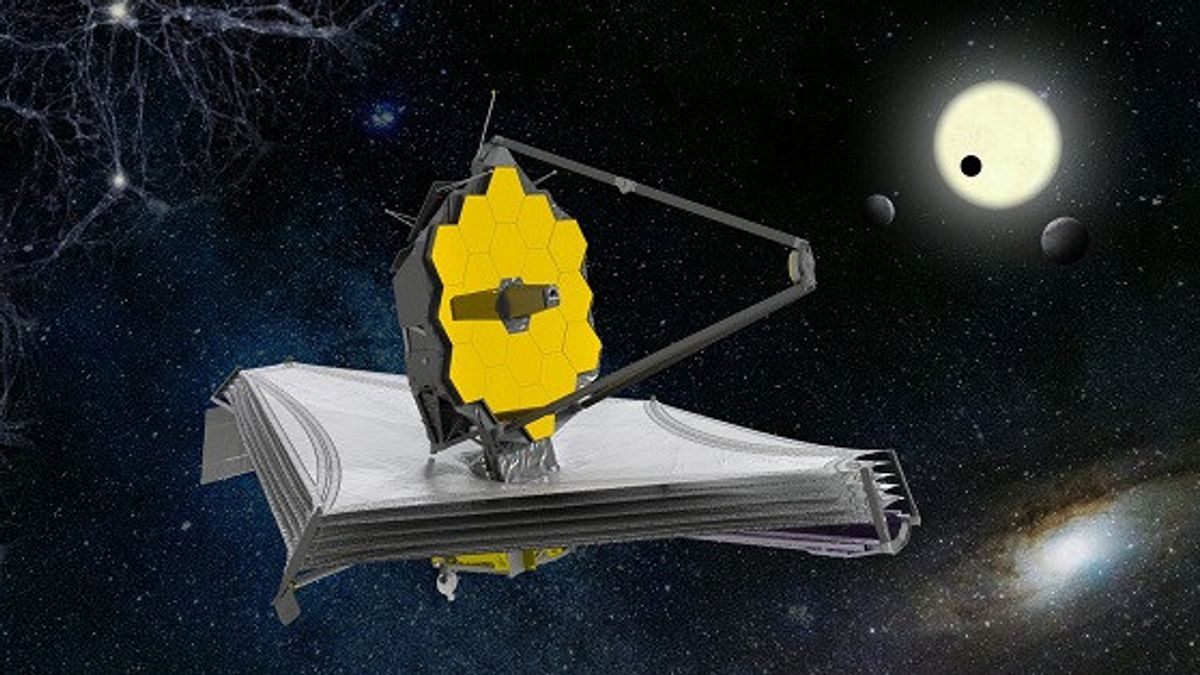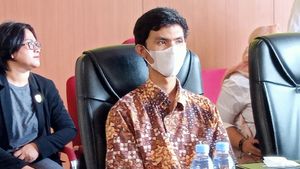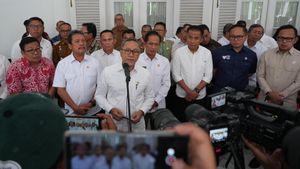JAKARTA - NASA will eventually allow the public and scientists to access new data from the James Webb Space Telescope in full. Currently, the public is still limited to looking at the data of the giant observatory.
The images and spectra of the Webb Telescope are all stored in the archive at the Space Telescope Science Institute (STScI) in Maryland, United States (US), but most are not publicly available until one year after data is collected.
This makes scientists who want to make observations less data because access is limited. Some astronomers also question this, because government-funded projects can be freely used by everyone.
It is claimed that NASA is considering changing the policy and opening up new data from observatories worth 10 billion US dollars equivalent to Rp156 trillion to the public, and of course scientists.
With limited access to the Webb Telescope data, other astronomers cannot use new data to form their own observational plans. For now, the public is only allowed to see a fraction of the data the telescope collects in a limited time.
"This is a fairly controversial topic. Because there are pros and cons of these two solutions," said the head of the Science Mission Office at STScI, Alessandra Aloisi.
STScI also operates the Webb Telescope and the Hubble Space Telescope. The debate stems from the direction of the White House's Office of Science and Technology's Policy last August, asking that by the end of 2025, published research based on government-funded data should be available immediately.
NASA is considering going a step further and requires that all its funded data be opened to the public without delay. The plan is that they will use the arXiv.org precast server, where the public can also read the latest scientific research for free, without subscriptions to expensive journals.
Alosi added that unlocking Webb Telescope data could open new scientific observations for scientists who do not have the resources to register on their own.
Launching Space, Tuesday, December 13, and scientists developing plans for new observations will have more data available to work than ever before, potentially accelerating the process of scientific research.
The English, Chinese, Japanese, Arabic, and French versions are automatically generated by the AI. So there may still be inaccuracies in translating, please always see Indonesian as our main language. (system supported by DigitalSiber.id)













